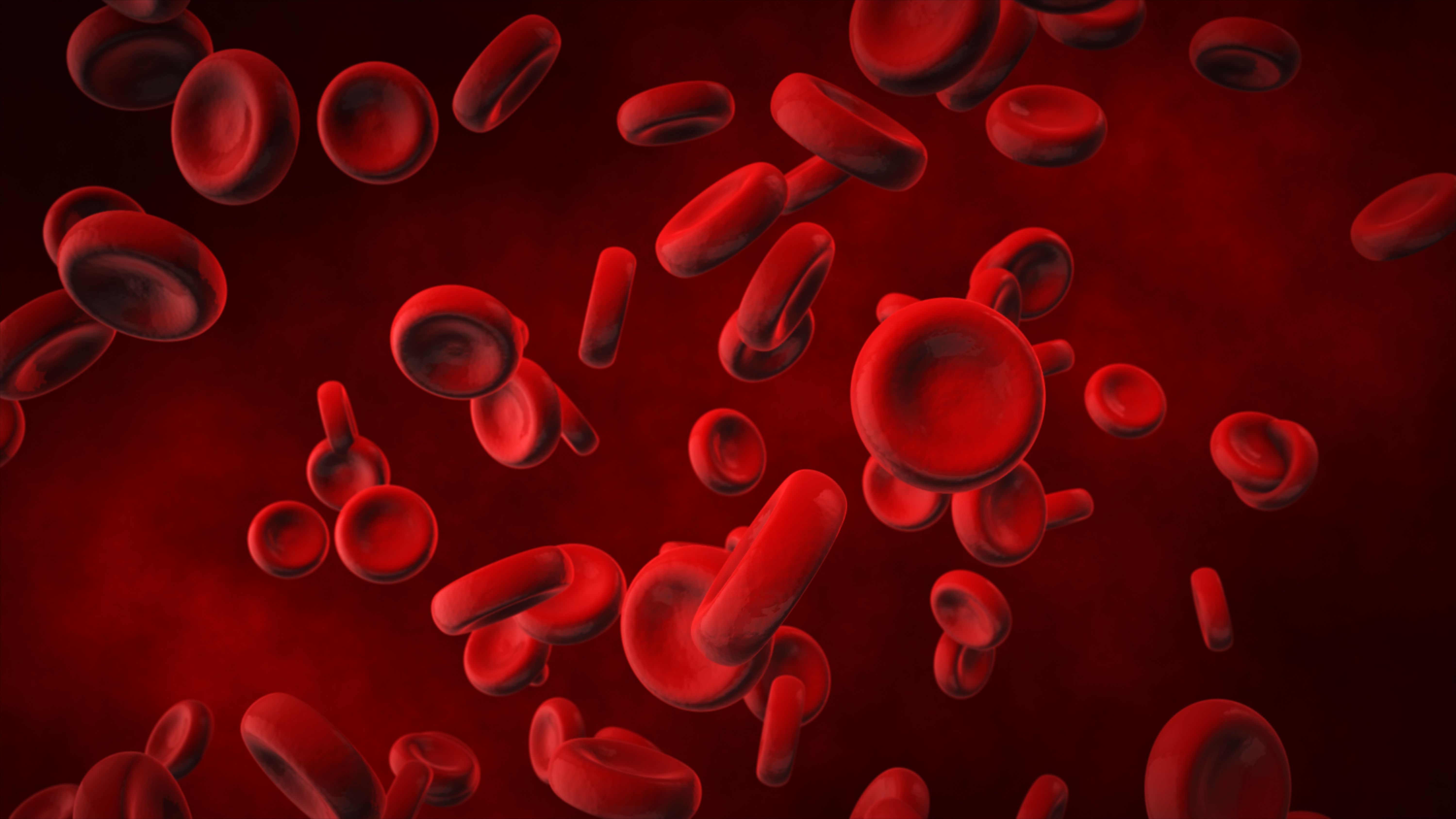VITALIZE to Validate the Efficacy/Safety of Maveropepimut-S Plus Pembrolizumab for R/R DLBCL
A phase 2b study aims to confirm positive efficacy and safety results previously reported with the combination of maveropepimut-S and pembrolizumab in patients with relapsed or refractory diffuse large B-cell lymphoma.

In the commencement of the phase, 2B VITALIZE study, the first dose of maveropepimut-S (DPX-Survivac) in combination with pembrolizumab (Keytruda) has been administered to a patient with relapsed or refractory diffuse large B-cell lymphoma (DLBCL), according to a press release by IMV, Inc.1
Maveropepimut-S is a T-cell immunotherapy that works against survivin-expressing tumors. In phase 2b, randomized, open-label study the safety and efficacy of maveropepimut-S and pembrolizumab with or without low-dose cyclophosphamide will be investigated.1,2
"The VITALIZE study represents a critical step in advancing MVP-S toward registration," said Jeremy Graff, PhD, chief scientific officer of IMV, in a press release.1 "We believe this study should help affirm and extend our understanding of the clinical benefit previously seen in r/r DLBCL patients in the SPiReL trial and may support the use of PD-L1 as a biomarker for MVP-S in combination with KEYTRUDA. Importantly, this is an open-label study, so we expect to review early data in the summer 2022."
VITALIZE follows a phase 2 study (SPiReL, NCT03349450), in which the same combination regimen was tested with or without low-dose cyclophosphamide in patients with persistent recurrent/refractory DLBCL. A total of 25 patients were enrolled in the study and assessed for the primary end point of objective response rate (ORR). An analysis of 23 SPiReL patients was presented during the 63rd Association of Hematology Annual Meeting & Exposition.2
In all evaluable patients, the ORR observed with maveropepimut-S and pembrolizumab was 50% with a 78.6% disease control rate (DCR). In the PD-L1-positive subgroup, the ORR was 85.7% ORR with an 85.7% DCR.
The median progression-free survival (PFS) in all evaluable patients was 176 days. PFS by PD-L1 expression was also assessed and showed a median PFS of 230 in the PD-L1-positive group compared with only 70 days in the PD-L1-negative group (HR, 0.117; 95% CI, 0.025-0.561; log-rank P =.0007).
More than 10% of patients in the study experienced treatment-related adverse events (TRAEs). The most common grade ½ TRAEs were injection site reaction, fatigue, nausea, rash, and diarrhea. Grade 3 TRAE occurred in 20.8% of patients. A decrease in the neutrophil count was the most commonly observed grade 3 TRAE. Overall, the combination was well-tolerated in the patient population.
To confirm the SPiReL findings, the primary end point of VITALIZE is also ORR. The secondary end points of the study include rate of AEs, DOR, time to response, PFS, disease control rate, complete response rate, and quality of life measurements. As additional end points, the study will investigate ORR in the PD-L1-positive population, time to next treatment, overall survival, Time to second objective disease progression, cell-mediated immune response, and changes in immune cell infiltration in tumor biopsies.
Patients are eligible to enroll given they are at least 18 years of age with a pathologically confirmed diagnosis of DLBCL. All patients are required to have progressed on 2 prior lines of systemic therapy for DLBCL and have failed or were deemed ineligible for transplant or chimeric antigen receptor (CAR) T-cell therapy. Patients must also have an ECOG performance status ≤ 1, a life expectancy of at least 3 months, and at least 1 measurable lesion. The study does not allow patients with central nervous system involvement to enroll. Patients who have received chemotherapy, immunotherapy, major surgery, or investigational agent treatment within 28 days and those who have received radiotherapy within 14 days, autologous stem cell transplant within ˂ 100 days, or CAR T-cell therapy within ˂ 28 days before day 0 in the study are excluded. Certain comorbidities like active infections, immunodeficiency disorder, or a previous malignancy are excluded from the study.3
VITALIZE is actively recruiting eligible patients with relapsed or refractory DLBCL across 6 United States regions, including; California, Florida, Louisiana, Nebraska, Ohio, and South Dakota. One location in Canada is also recruiting patients.
References:
1. IMV announces first patient dosed in the VITALIZE phase 2B clinical study evaluating its lead compound, MVP-S, in Combination with KEYTRUDA® (pembrolizumab) in patients with r/r DLBCL. News release. IMV, Inc. January 12, 2022. Accessed January 13, 2022.
2. Beristein NL, Bence-Bruckler IA, Forward N, et al. Clinical effectiveness of combination immunotherapy dpx-survivac, low dose cyclophosphamide, and pembrolizumab in recurrent/refractory DLBCL: The SPiReL Study. Blood. 2020; 136 (supp 1): 16. doi: 10.1182/blood-2020-136751
3. DPX-Survivac and pembrolizumab with and without intermittent low-dose cyclophosphamide, in subjects with relapsed/refractory diffuse large b-cell lymphoma (VITALIZE). Clinicaltrials.gov. Accessed January 13, 2022. https://bit.ly/3Fvi78K